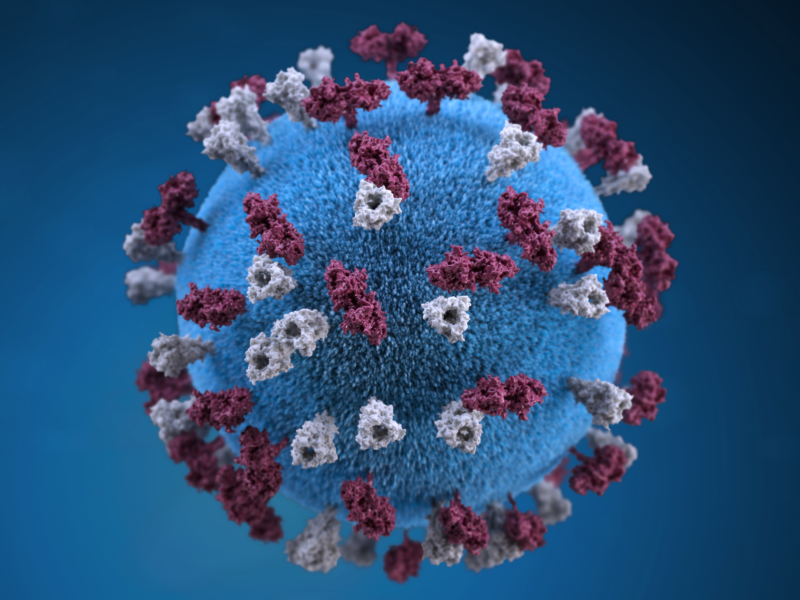Until this month, Ebola has remained in central Africa, specifically, Uganda, Democratic Republic of Congo, South Sudan, Gabon, and Republic of Congo, with two additional outbreaks in Ivory Coast (one case) and in South Africa (two cases). On March 23, the World Health Organization reported, via Guinea's Ministry of Health, that the outbreak plaguing the Guéckédou, Macenta, Nzerekore and Kissidougou districts of southeastern Guinea is caused by Ebola. This is the first time that Ebola has been recorded in Guinea.
Guinea reportedly sent samples to the Institut Pasteur in Lyon, France. The French lab reported that six of these samples tested positive for Ebola. According to Guinea's Ministry of Health and the WHO, there are 49 confirmed cases and 29 confirmed deaths.
There are five known subspecies of Ebolavirus – each named after a geographical location: Zaire ebolavirus, Sudan ebolavirus, Tai (formerly Cote D'Ivoire) ebolavirus, Reston ebolavirus, and Bundibugyo ebolavirus. The genetic testing done in France suggests that the virus in circulation in Guinea could be the subspecies Zaire, which is one of the more lethal subspecies.
Médecins Sans Frontières currently has twenty four health professionals in the area but will increase that number, along with the amount of medicines, medical supplies, and supplies for isolation units, as it launches is emergency response. The organization has one isolation unit set up in Guéckédou and is constructing another in Macenta.
There is some concern that the outbreak has spread to neighboring Sierra Leone and Liberia. According to the most recent Disease Outbreak News posting from the WHO, these potential cases are being investigated. One is a fourteen-year-old boy who, according to media reports, traveled from Sierra Leone to Guinea to attend the funeral of a person who may have been infected. According to Reuters, the boy subsequently died.
Symptoms of Ebola include fever, joint pain, muscle aches, diarrhea, difficulty breathing, rash, and in some cases, bleeding. There is no specific treatment for Ebola, but supportive therapies such as monitoring and maintaining hydration and electrolytes, are important. There is no vaccine for Ebola. The virus is typically transmitted through bodily fluids such as blood and saliva. The natural host for the virus continues to remain unknown.
At this time, the WHO has not recommended any trade or travel restrictions be applied to Guinea.
To see where all the recorded outbreaks have occurred since 1976, check out this map created by the CDC.

